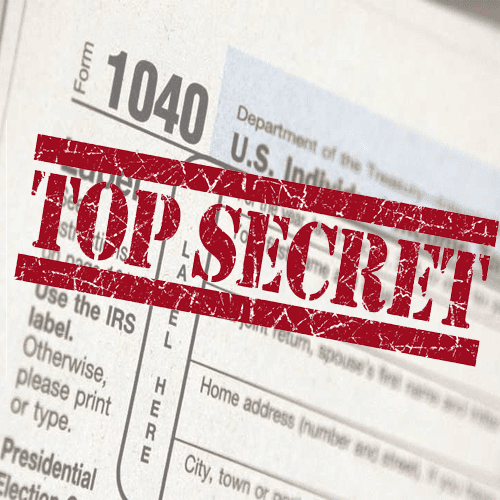- browse by category
- Audit Assistance
- Business and Taxes
- Celebrities in Tax Debt
- Cryptocurrency Taxes
- Economic News
- Foreign Banking
- Innocent Spouse
- IRS debt settlement
- IRS Headlines
- IRS Wage Garnishment
- Marriage & Divorce
- Payroll Tax
- Retirement
- Revenue Officers
- State Tax Headlines
- Stop IRS Debt
- Success Stories
- Tax and Politics
- Tax Attorney
- Tax Codes
- Tax Debt Help
- Tax Evasion
- Tax Levy
- Tax Lien
- Tax Payment Plans
- Tax Return Filing
- Tax Tips

Everybody wants to save some money. And one time when everyone either has to pay – or get paid by – the federal government is tax time. A tax bill can be a big inconvenience, but with these tax-saving tips, you can start lowering your tax bill and use your hard-earned money on important expenses. There’s a variety of ways to lower your tax bill by using these tax tips.
Secrets to Lowering Your Tax Bill
1. Automotive Expenses
If your car is used for business purposes, you can write off your automobile expenses and lower your bill at tax time. Make sure to keep records of any toll and parking fees you’ve paid, along with fuel and oil costs, tires, and mandatory expenses like insurance and registration. These costs have to be attributable toward your car’s business activities, like driving to a client meeting. Everyday expenses for commuting won’t count toward a deduction.
2. Avoid Common Tax Errors
Making simple mistakes on your tax returns can draw the unwanted attention of an IRS agent. Some mistakes can result from taxpayers making “iffy” deductions, so don’t take out a deduction unless you’re on solid footing. If you understate your income, you can draw the IRS’s ire by warranting a second look. That can increase your tax bill by having the IRS increase your total income. So, remember the old adage: honesty is the best policy.
3. Deduct Expenses for Job Hunting
If you’re currently in between jobs, or were within the last tax year, you may be able to deduct your job hunting expenses. Expenses for resume services, headhunter fees, and job placement services can be deducted. The cost of printing and mailing your resume can also be written off, as well as transportation and travel costs incurred for going out of town for a job interview. But be careful: Travel costs must stem strictly from the job search, and not personal activities.
4. Keep Your Dinner and Travel Receipts
Deducting food and entertainment expenses is possible if they’re business-related. The main purpose of the expense has to be business-related. There’s certain requirements: a client or customer must be present, and there’s a good chance you’ll be asked what business was discussed over lunch (so write it on the back of the receipt).
Make Health Care Reform A Tax Advantage
The Affordable Care Act was a big change to the U.S. health care system, and the impact on the tax laws left a sizable footprint. Using it to lower your tax bill is a smart way of using it. If you run a small business, using the Small Business Health Care Tax Credit is one way to lower its tax bill. It covers up to 35 percent of the total healthcare costs paid by small businesses. And in 2014, it will rise to cover half these costs.
Don’t Forget About Charitable Donations
Your good works supporting a charitable organization can go toward lowering your tax bill. These write-offs can stem from the supplies or gifts bought for a charitable fundraiser, or the miles driven to and from that Habitat for Humanity construction site (or any other charitable location).
Lowering Your Tax Bill Is an Art
Lowering your tax bill can be an art. Of course, only if you know what tax-lowering opportunities the tax code doles out.
How do you save when it comes to tax time? Comment below or tweet us @StopIRSDebt.
Leave Comments

Top Tax
secrets revealed
Sign up for our newsletter and be the first to find out when exciting IRS news happens. Yes, exciting. We're really into taxes.


